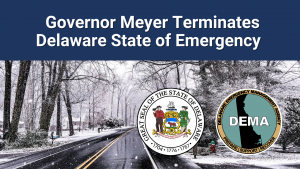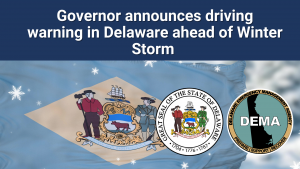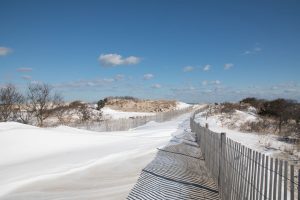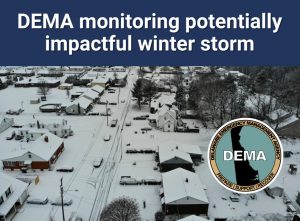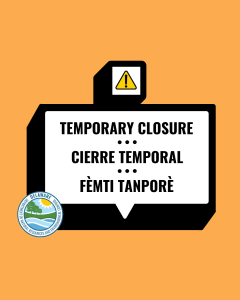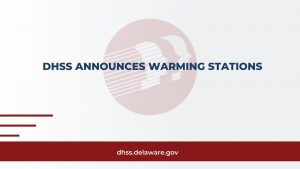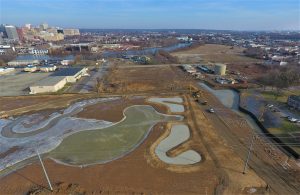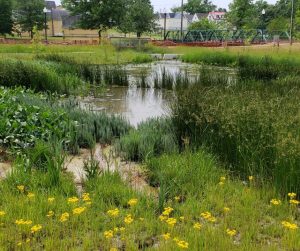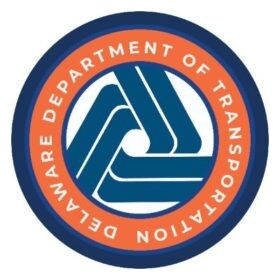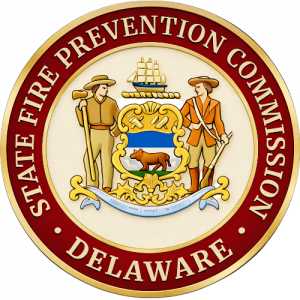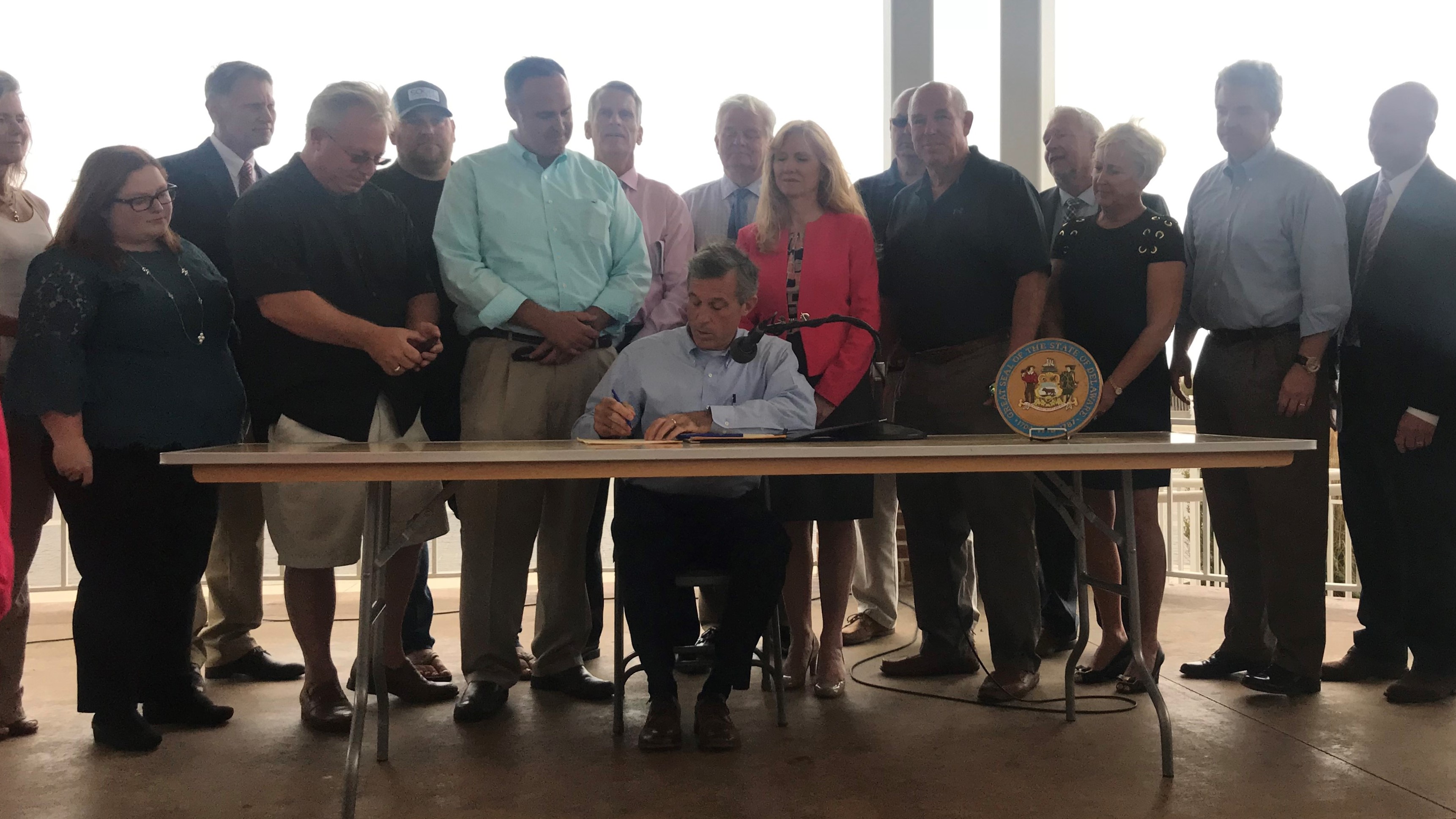
Senate Bill 200 and Senate Bill 207 will prohibit and prevent offshore drilling in Delaware’s coastal waters
REHOBOTH BEACH, Del. – Governor John Carney on Thursday signed Senate Bill 200 and Senate Bill 207, two pieces of legislation aimed at protecting Delaware’s coasts from offshore drilling. These pieces of legislation will help maintain high-quality coastline waters and protect thousands of jobs supported by Delaware’s coastal tourism industry. Coast-related activities contribute almost $7 billion to Delaware’s economy.
Senate Bill 200 prohibits drilling for oil and natural gas in Delaware’s coastal zone and territorial waters, and precludes DNREC from issuing any permits in connection with the development of offshore drilling infrastructure. Senate Bill 207 opposes drilling off Delaware’s coast and directs certain state officials and agencies to enforce Delaware’s rights relating to offshore drilling under federal and state environmental laws.
“We have a responsibility to care for our coasts, and in turn, protect our state’s environment and economy,” said Governor Carney. “Offshore drilling presents a threat to the health of our coastal communities that we can’t ignore, and these two pieces of legislation will help prevent drilling in our waters. A large part of Delaware’s tourism industry depends on clean coasts, and Delawareans and visitors alike will benefit from these protections signed into law today. Thank you to members of the General Assembly for this bipartisan effort and to advocates for their tireless work to protect Delaware’s coasts, environment and economy.”
“Promoting clean alternative energy development in the Atlantic region, along with the continued conservation of our marine and estuarine habitats, and the success of our coastal economy are of the utmost importance to the citizens of Delaware,” said DNREC Secretary Shawn M. Garvin.
“The state’s beaches are a treasure, which the National Resource Defense Council has consistently rated as the cleanest on the East Coast,” said Liz Keller, Delaware Tourism Director. “They are important for the tourism industry in the state, and it is essential to maintain their good health.”
“Standing against offshore drilling is a no-brainer for Delaware,” said Senator Stephanie Hansen. “Washington, D.C. may have forgotten disasters like those in the Gulf, Alaska and Santa Barbara – but I haven’t, and neither have bipartisan leaders across our state. Delaware’s beaches are some of the cleanest in the country, are home to a unique marine ecosystem, and are vital to our state’s crucial tourism industry. It takes just one accident to change all of that overnight. Our economy, our budget, and our environment can’t afford that mistake.”
“I am proud to be a prime sponsor of this important bipartisan effort,” said Senator Ernesto “Ernie” Lopez. “Defending our beautiful beaches and our unique coastal environment from the potential negative impact of off-shore drilling is not a Republican issue or a Democratic issue: It is a Delaware issue and has been of the highest priority for the people of the 6th District and to me as their State Senator.”
“We welcome millions of visitors to Rehoboth and Dewey every year. They come here for our award-winning, pristine beaches and clean air. They contribute billions to our local economy. All of that could be jeopardized by offshore drilling,” said House Speaker Pete Schwartzkopf. “Delawareans have to stand together against something that could do so much damage to our community and our state, and that’s exactly what the General Assembly did by overwhelmingly passing these bills.”
“The risks involved with offshore drilling are greater than many people realize. There have been 44 major oil spills off the United States coast since 1969, several with catastrophic effects on the environment and local economy,” said Representative Debra Heffernan. “We can’t allow that to happen to Delaware, and we have to take whatever steps we can to protect our environment.”
“I am thrilled that Delaware is taking this important step, and I am proud to have been a co-sponsor of this bipartisan bill,” said Senate Minority Whip Greg Lavelle. “Our coastline is a critical natural resource, and the risk of damaging our waterways through a drilling accident far outweighs the benefit of any oil that could be extracted.”
“It means a lot to see and hear leadership at the state level,” said Rehoboth Beach Mayor Paul Kuhns. “It validates our concerns and efforts to maintain a clean and healthy coast that is vital to our economy and families who come to enjoy our beautiful beaches. In publicly opposing offshore drilling activities, Governor Carney is standing with our coastal communities, who have the most to lose and who have overwhelmingly opposed these efforts.”
“The City of Lewes is very pleased that Governor Carney is signing SB 200 and SB 207,” said Lewes Mayor Ted Becker. “Lewes was the first city to adopt a resolution opposing seismic testing – a precursor to offshore drilling – in November 2015. Since then the six other coastal communities, all members of the Association of Coastal Towns (ACT), have adopted similar resolutions as a demonstration of our collective serious concern regarding the potentially devastating impact offshore drilling could have on marine mammals and the extremely important economic contribution of tourism to the economy of our state.”
“The Delaware Coast and its estuaries form essential marine habitat for over 32 species of marine mammals and sea turtles,” said Suzanne Thurman, MERR Institute Executive Director. “Many of these species are endangered, and three large whale species are experiencing an Unusual Mortality Event. These magnificent creatures need to be protected from the devastation of harmful oil and gas drilling, which even in its daily operation will contaminate the marine ecosystem, and in the event of a spill would be catastrophic. MERR is very pleased to see these important bills signed into law today, and for the far reaching protection they will provide for our coastal waters and the welfare of marine species.”
###














